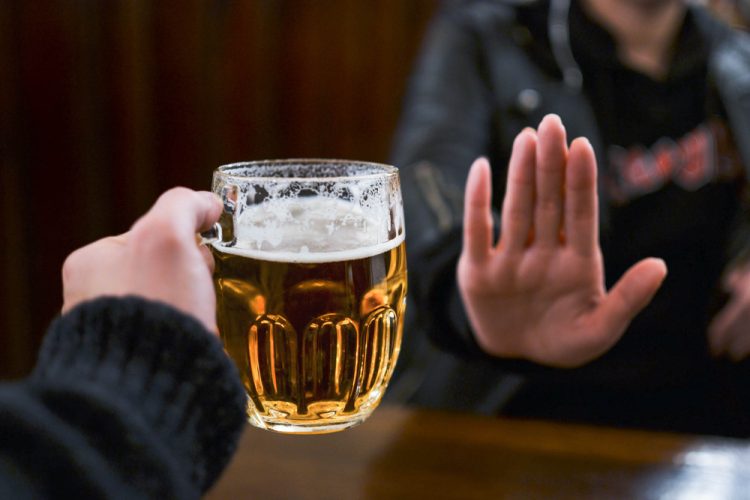Weight loss jabs could reduce alcohol consumption by two-thirds
Posted: 12 May 2025 | Ben Cornwell | No comments yet
New study finds weight loss jabs not only help tackle obesity but may significantly reduce alcohol use, offering wide health and NHS cost benefits.


Patients taking GLP-1 weight loss jabs such as liraglutide or semaglutide reduced their alcohol intake by nearly two-thirds over four months, according to a new study presented at the European Congress on Obesity (ECO 2025) in Dublin.
The research, led by Professor Carel le Roux of University College Dublin, analysed 262 adults receiving treatment at a Dublin obesity clinic. Participants had a BMI of 27 kg/m² or higher and were prescribed either liraglutide or semaglutide for weight loss. Of the total cohort, 188 were followed up after an average of four months.
The study categorised patients by self-reported alcohol consumption before treatment: non-drinkers (11.8 percent), rare drinkers (19.8 percent), and regular drinkers (68.4 percent). None of the participants reported an increase in alcohol use over the course of the study.
Across all drinkers, average weekly alcohol intake dropped from 11.3 to 4.3 units. Among regular drinkers, consumption plummeted from 23.2 to 7.8 units per week – a 68 percent reduction, which Professor le Roux noted is “comparable to that achieved by nalmefene, a drug used to treat alcohol use disorder in Europe.”
While the study does not include a control group and relies on self-reported data, its strengths lie in the prospective design and real-world clinical setting. Therefore, the findings could open new avenues for using weight loss jabs beyond obesity management.
Professor le Roux said:
The exact mechanism of how GLP-1 analogues reduce alcohol intake is still being investigated. But it is thought to involve curbing cravings for alcohol that arise in subcortical areas of the brain that are not under conscious control. Thus, patients report the effects are ‘effortless’.”
What is GLP-1?
GLP-1 (glucagon-like peptide-1) analogues, including semaglutide (Wegovy and Ozempic) and tirzepatide (Mounjaro), were originally developed to manage type 2 diabetes. These injectable medications work by mimicking the effects of the GLP-1 hormone, which helps regulate blood sugar, slows digestion and suppresses appetite. More recently, they’ve gained regulatory approval as weight loss treatments and are now being investigated for additional behavioural benefits such as reducing compulsive eating and drinking.
Benefits beyond tackling obesity
According to Simple Online Pharmacy, which has access to wholesale figures, over 500,000 people in the UK are currently taking either Mounjaro or Wegovy weight loss jabs. This surge in use follows growing recognition of obesity as a major public health burden. Obesity costs the NHS £6.5 billion a year and is linked to over 200 different diseases, ranging from cardiovascular conditions to some cancers.
The potential for these weight loss drugs to reduce alcohol consumption could yield additional public health and economic benefits. Alcohol use disorder contributes to 2.6 million deaths annually worldwide and poses a significant cost to healthcare systems. Reducing alcohol intake at the population level could ease pressure on NHS services, particularly in areas such as liver disease, mental health and emergency admissions.
Professor le Roux concluded:
GLP-1 analogues have been shown to treat obesity and reduce the risk of multiple obesity-related complications. Now, the beneficial effects beyond obesity, such as on alcohol intake, are being actively studied, with some promising results”
If confirmed in larger trials, these findings could influence how weight loss jabs are positioned in future healthcare strategies – not just as tools for managing weight, but as agents with broader behavioural and metabolic effects.









